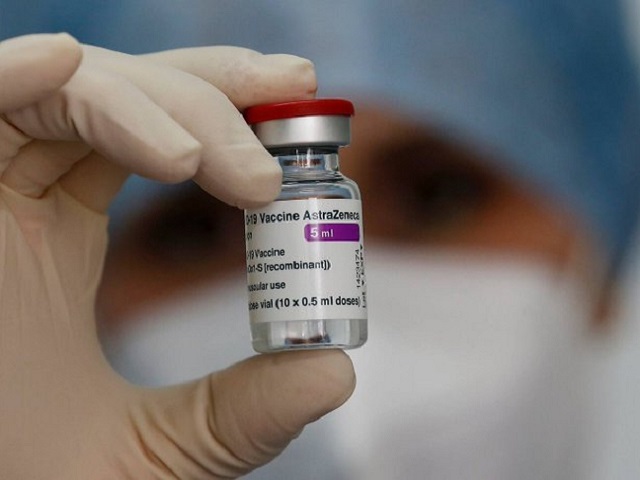
Italy has blocked a shipment of 250,000 doses of the Oxford-AstraZeneca vaccine that was bound for Australia. This comes amid AstraZeneca's failure to deliver the promised doses to the European Union.
This is the first time a European Union state has blocked the export of the COVID-19 vaccine amid a global shortfall. The action risks triggering a global backlash against the European Union.
The move underscores the growing frustration within the 27-nation EU bloc regarding the slow rollout of its vaccine drive and the shortfall of promised vaccine deliveries, especially by AstraZeneca.
EU approves the blockage?
Under the European Union's export transparency mechanism, countries have to inform the European Commission, the EU’s executive arm, of their decisions to block or allow exports of vaccines outside the bloc.
The European Commission reportedly did not oppose Italy’s decision or raise objections to the move. The move comes after Italian Prime Minister Mario Draghi, who came to power on February 13, called for a tougher approach against companies that don’t respect their delivery commitments during an EU summit last week.
Why has Italy blocked Australia's vaccines?
The Italian foreign ministry reportedly stated that the decision to block the shipment of 250,700 doses of AstraZeneca's vaccine to Australia was taken as a consequence of continued vaccine scarcity in Europe and Italy and delay in the supply of vaccines by AstraZeneca. The Ministry also stated that it did not consider Australia as a vulnerable country.
EU's export control system
• This is the first use of an export control system instituted by the bloc to make sure big pharma companies respect their contracts.
• The EU had issued an export control system for COVID-19 vaccines in late January forcing companies to respect their contractual obligations to the bloc before commercial exports can be approved.
• This was after the bloc faced shortages of doses during the early stages of the vaccine campaign that started in late December.
• The European Union was specifically disappointed with AstraZeneca because it is delivering far fewer doses to the bloc than it had promised.
• Out of the initial order for 80 million doses to the EU in the first quarter, the company will be struggling to deliver just half that quantity. AstraZeneca's CEO Pascal Soriot blamed the shortfall on technical production issues.
Australia's response
Australian Prime Minister Scott Morrison said on March 5 that the nation had anticipated veto problems could arise in shipments from Europe.
Will this impact Australia's COVID-19 vaccination drive?
Australian Prime Minister Scott Morrison assured that Australia’s vaccination schedule will continue as planned. He said, “They are in an unbridled crisis. That is not the situation in Australia."
He added saying that Australia has been able to secure vaccine supplies and even additional supplies for importation, both with Pfizer and AstraZeneca, which means that they can continue the rollout of their program.
He stated that Australia is also producing vaccines domestically, giving it sovereignty over its vaccination program.
Background
The European Union has vaccinated only 8 percent of its population in comparison to over 30 percent in the United Kingdom. Australia is currently very much at the start of its vaccination drive.
With a population of 450 million people, the bloc had signed deals for six different vaccine manufacturers and ordered a total of 400 million doses of the AstraZeneca vaccine and sealed agreements with other companies for more than 2 billion shots.
However, despite current shortages and delays, the bloc is still convinced that it can vaccinate 70 percent of the adult population by the end of summer.


0 Comments